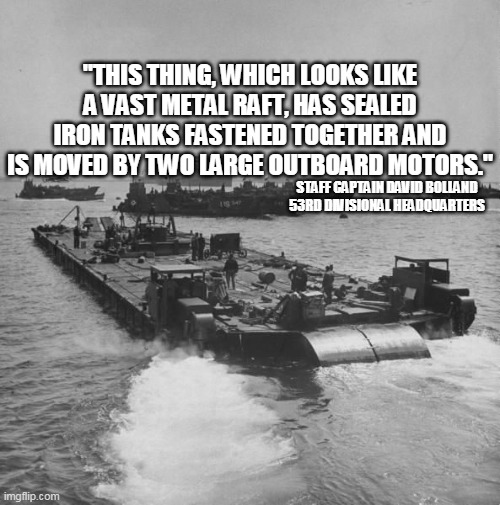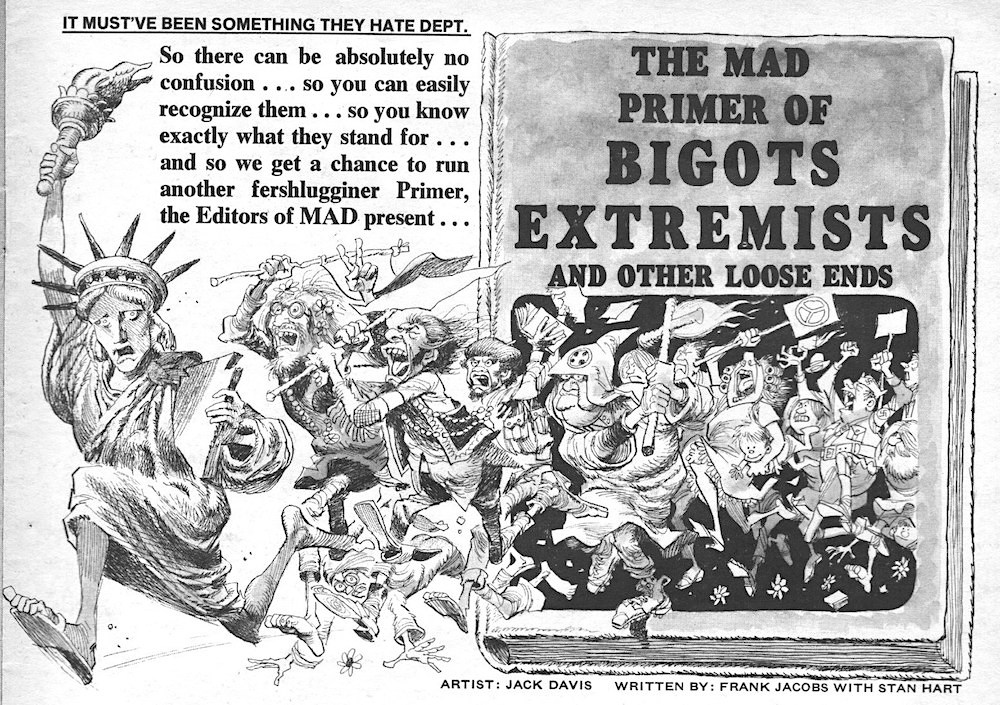@AwBlessYerHeart @Gus_802 Ultimately we need to stop having arguments about “capitalism vs socialism” because they are both loaded words and imprecise descriptors of how our economy functions. Capitalism and socialism describe systems which, in their purist forms, don’t exist anywhere in the world
@AwBlessYerHeart @Gus_802 The developed world and even most of the developing world have mixed economies where elements of what is regarded as socialism and capitalism exist. But the real ISM the drives our economy is consumerism as 2/3 of all economic activity is based on consumer/demand side spending
@AwBlessYerHeart @Gus_802 When we couch these forces as “socialism” or “capitalism”, we automatically created a conflict and a polarizing zero sum argument which often derails honest discussions about our economic system which stifles discussions on ways to improve it
@AwBlessYerHeart @Gus_802 We should instead call these forces “public funding” and “private funding” as they are more precise and less heated descriptors. We then make the cogent argument that, to support a consumer based economy, we need both public and private funding to do so effectively
@AwBlessYerHeart @Gus_802 Consumerism is borne out of the Industrial revolution where mass production creates a need for mass consumption to support it. This means that, since the Industrial Revolution, the needs of the masses to consume becomes an important factor to support the greater economy
@AwBlessYerHeart @Gus_802 Before the Industrial age, the bulk of consumption was done by the wealthy and aristocratic ruling classes. Most trade, artisan skills, and reaping and working of the land was done for the benefit of the very wealthy. Most people were mere peasants who subsisted on the basics
@AwBlessYerHeart @Gus_802 But then the Industrial Age happened and the need to make the masses more than peasants and laborers became an important fixture in the economy. The three main sectors of the economy are reaping raw materials, refining these materials into goods for sale, & consumption of them
@AwBlessYerHeart @Gus_802 In short, the 3 major realms of the economy are Reap, Refine, Reward. For the longest part of history, most people weren’t able to enjoy the reward part of equation because the means to make desirable goods for the masses simply didn’t exist. But then the Industrial Age happens
@AwBlessYerHeart @Gus_802 And even with Industrial Revolution many working class people’s ability to thoroughly participate in the consumer based economy was stifled by limited wages and limited space as most working class families often lived in small row houses and tenement apts near their factory jobs
@AwBlessYerHeart @Gus_802 It wasn’t until Henry Ford, that anti-semitic and anti-union a-hole, of all people came around that the Industrial Age gave root to the more full blown consumer economy we now know. This is because he created an enhancement on Industrialization called the “assembly line”
@AwBlessYerHeart @Gus_802 What he did was create a faster means by which his products, the Model A & T cars specifically, can be more quickly made. The problem then came about because, at the time, cars were considered a luxury item. By pumping out more cars faster, he was running out of viable customers.
@AwBlessYerHeart @Gus_802 Ford needed to create a new group of tens of thousands of consumers who could reasonably afford his Fords. He then realized that he hired that many people in his factories. He thought, “what if I paid my workers enough to buy my cars and the cars they themselves help make”.
@AwBlessYerHeart @Gus_802 He did just that raising the wages for his workers who, in turn, turned around & gave some of that money right back to him in the guise of buying a car. But then, after they bought a car with the first years worth of enhanced disposable income, the next year, they had more money.
@AwBlessYerHeart @Gus_802 This created a class of workers who now have the means of purchasing not just the goods that they make, but the goods and services that those in their cities also make and provide. This economic fact is the manner in which the modern economy is run.
@AwBlessYerHeart @Gus_802 When Henry Ford raised his workers wages, it created a domino effect. Other car makers, in order to not lose their work force to Henry Ford and his factories and better pay, had to raise their wages, too. Then other manufacturers had to do the same with their employees
@AwBlessYerHeart @Gus_802 Not only did Henry Ford and the other manufacturers and even mining companies start giving out disposable income to more workers, many of them now had cars which means they didn’t have to live in these cramped tenement living conditions anymore. They could live in the burbs now
@AwBlessYerHeart @Gus_802 Having more money to spend/more space to put things bought with this disposable income was key to how the modern economy would evolve. This is why I say that any economic philosophy written before this era, whether socialist/Marxist or Libertarian in nature needs to be ignored
@AwBlessYerHeart @Gus_802 So instead of relying on Marxist vs “small government” arguments, we need to have honest arguments about the difference between Keynesian/Demand side policies and the GOP and conservative arguments for Supply Side policies. This is the last argument supply siders want to have
@AwBlessYerHeart @Gus_802 We need to avoid using either the word “socialism” or even “capitalism” when having these arguments because, again, these are loaded words and imprecise descriptors that do more to weigh down the debate than to engage in an informed much needed debate about our economy
@AwBlessYerHeart @Gus_802 We need to focus on what policies makes consumerism, ideally based on real wages and not debt, happen. Would be consumers start off as workers who have disposable income. This income needs to, at the very least keep pace with inflation so that consumers can afford to consume
@AwBlessYerHeart @Gus_802 This is the argument we make for a constantly increasing minimum wage for the working class. Appeal to the need for a living wage and a minimum wage whose increases are tied to inflation as an important factor in a strong consumer based economy
@AwBlessYerHeart @Gus_802 Also define what makes for a strong competitive workforce. The factors that make a nation’s workforce competitive is having a healthy and educated workforce. This is where you make the argument for universal health care, strong investments in K-12 learning and affordable college
@AwBlessYerHeart @Gus_802 Making the arguments for these affordable college and UHC plans in a puritopian browbeating way is not going to win over hearts and minds. Making the solid argument that these public investments help the greater consumer based economy is more succinct, honest and persuadable
@AwBlessYerHeart @Gus_802 Then make the argument for public investments into infrastructure that, again, not only helps workers but helps businesses facilitate this consumer based economy. For example, the US Highway system wasn’t built to allow people to drive from work to their suburban homes
@AwBlessYerHeart @Gus_802 Commuter travel is a nice byproduct of highway system but, when Eisenhower invested in it, he did so after seeing the German Autobahn system. He was amazed how Germany was both able to run some semblance of an economy but also move war machinery easily around their country
@AwBlessYerHeart @Gus_802 The goal of the US Highway system was both to create an easier way to defend the US should the need to move defense goods and personnel around efficiently arise but also as a means to allow commercial interests move goods and parts around easily.
@AwBlessYerHeart @Gus_802 This is why we make the argument that investment in infrastructure is important to maintaining the consumer based economy. Also, investments in government oversight and clean air and water and even new green tech helps this consumer economy remain healthy, educated, & competitive
@AwBlessYerHeart @Gus_802 But we also make the argument, and this is key to winning the argument to win over hearts and minds, that we also need private investments and those willing to take risks on new products or in enhancing existing products. We do so because know consumerism demands goods to consume
@AwBlessYerHeart @Gus_802 We make it known to private investors and private businesses, including small businesses and corporations, that the taxes we collect to invest in a healthy/educated workforce, a strong infrastructure and even oversight of businesses, to make for a fair playing field helps them
@AwBlessYerHeart @Gus_802 When we make the Left Wing populist argument that these Keynesian policies are a way to punish the wealthy only to reward the workers, it only does a disservice to these debates. Keynesian economics proved to enrich and empower both workers and the already wealthy
@AwBlessYerHeart @Gus_802 Even the smartest wealthy people, particularly those who, unlike the likes of Trump or the Kock Bros, made their own money, realize that a rising tide raises all ships. They are not averse to paying taxes if they know that all companies and investors have to do the same.
@AwBlessYerHeart @Gus_802 They realize that having a strong consumer base is key to creating wealth in our system and, ideally, that consumer wealth is not predicated too much on debt but on real wages. The already wealthy, however, are averse to this notion. They want to maintain existing wealth
@AwBlessYerHeart @Gus_802 The already wealthy believe the best way to maintain wealth is via paying as little tax as possible and gutting regulations that create a healthy physical and even a healthy business environment of businesses who have to follow the same rules.
@AwBlessYerHeart @Gus_802 This is why the likes of Trump and Koch Bros and many others support the kind of short sighted supply side policies that help them maintain riches in the short term but also lead to long term economic misery in the end. Supply side economics, in the end, even hurts the wealthy
@AwBlessYerHeart @Gus_802 The Warren Buffetts and Bill Gates of the world realize that paying taxes and investing in the greater economy helps entrepreneurs in the end. They don’t see supporting Keynesian supply side policies as a zero sum game of the govt siding with workers over owners.
@AwBlessYerHeart @Gus_802 But when the likes or Elizabeth Warren or Bernie Sanders and others Left wing populists present Keynesian economics as a form of punishment for the wealthy, then they do more harm than good and are actually hurting their stated cause.
@AwBlessYerHeart @Gus_802 Sanders, for example, when announced his still poorly defined Green New Deal plan during his latest campaign, he did so with a tweet shout how Fossil Fuel execs should be criminally charged for undefined crimes
https://t.co/ibTrP8hPeB
@AwBlessYerHeart @Gus_802 Not only was this stupid, it ignores exactly what the original New Deal was all about. FDR’s New Deal was about using govt funding/contracts to build a public/private alliance to help create desperately needed jobs in midst of a Depression but also make infrastructure upgrades
@AwBlessYerHeart @Gus_802 This means FDR used govt funds to hire private companies to build dams and roads and the basic infrastructural needs that was underdeveloped and needed in large swaths of the US. One of the most important was the Tennessee Valley Authority investments which transformed Appalachia
@AwBlessYerHeart @Gus_802 FDR didn’t personally go out there and create govt run construction companies and engineering crews to make these needed upgrades and create these important jobs, he used public funds and govt incentives to get private companies to work with the govt at a key time in history
@AwBlessYerHeart @Gus_802 Anything resembling a “Green New Deal” will need to do the exact same thing—use public funds and govt incentives to get mostly private companies to invest in a green economy. Right now we already see that happening with many companies who initially were fossil fuels companies
@AwBlessYerHeart @Gus_802 Major multinational energy companies are currently some of the biggest investors in green tech. This is because they are not stupid and they know alternative energy sources are going to be the wave of the future for energy use and they want to lead that movement
@AwBlessYerHeart @Gus_802 This is especially true of both many European based energy companies, like Shell and BP, but also many of the new energy technologies coming out of Asia. That is because their govts make heavy investments and greatly incentivize them through tax codes to encourage this r&d
@AwBlessYerHeart @Gus_802 Even Exxon/Mobil, which has always been a straggler in these green tech investments, has gotten on board because they want to be competitive in the future and they know fossil fuels are not the future of energy markets
@AwBlessYerHeart @Gus_802 So why in the hell would Sanders scare these businesses off the pursuit of these continued large scale multi-billon dollar investments into green tech and, thus, the means of creating a GND, by threatening to jail their executives? It really was a bonehead statement
@AwBlessYerHeart @Gus_802 Warren does the same thing w/ rants against big tech. Making punitive threats against the very private investors and businesses that fulfill one half of the private/public needs of a consumer based economy is stupid and short-sighted. It harms the ability to sell Keynesian ideas
@AwBlessYerHeart @Gus_802 We need to start making win-win arguments about Keynesian benefits. We need to completely drop the words “socialism” and “capitalism” out of our lexicon, and we need to make intelligent not emotional based arguments to beat the Supply Siders who want us to return to feudalism.
@AwBlessYerHeart @Gus_802 End of Rant and History Lesson.



























